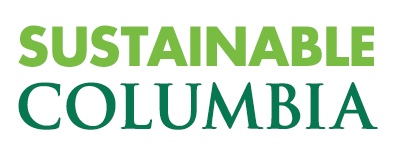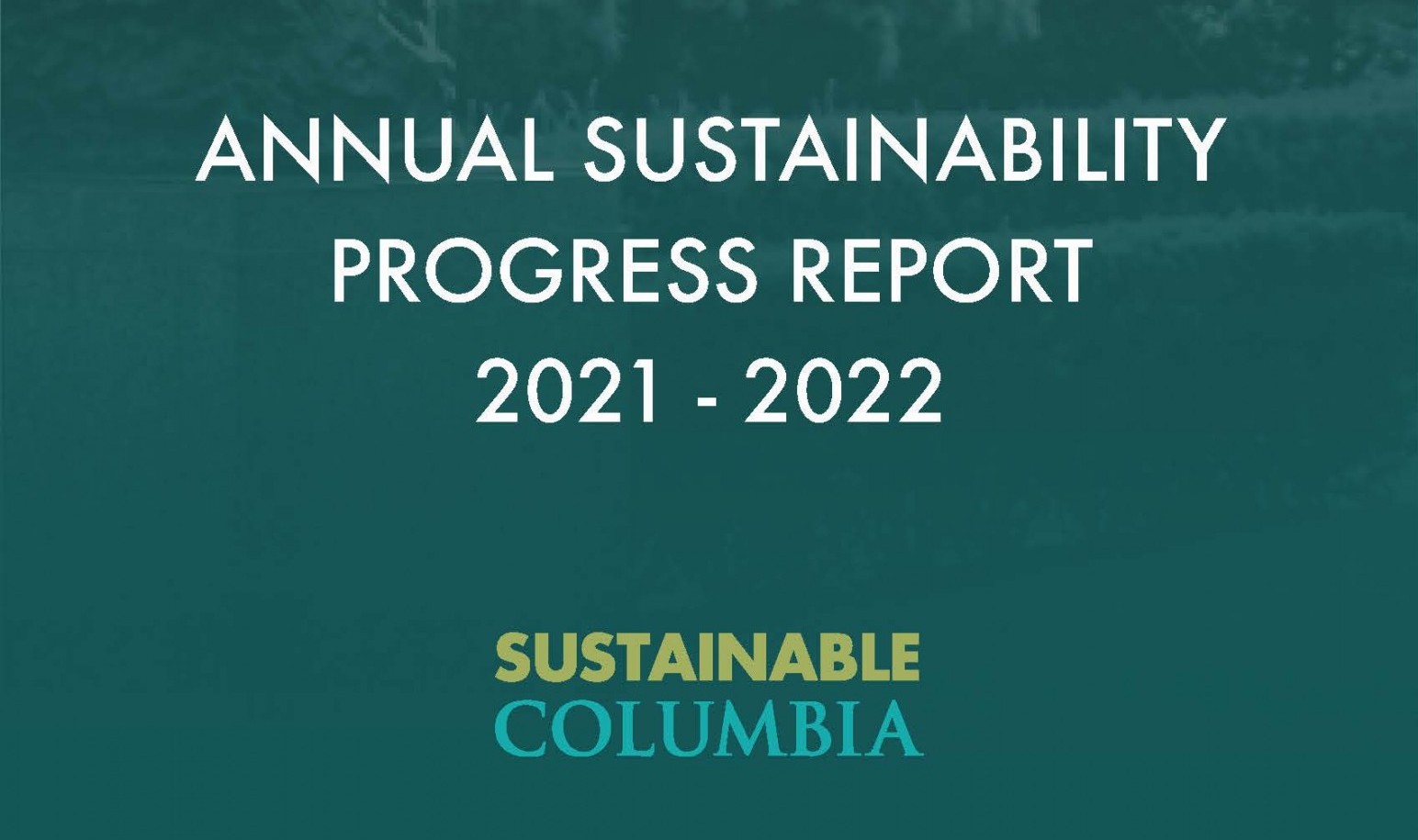Plan 2030 Year One Annual Report (2021 - 2022) is Released on Earth Day
Read the Report
Dear Colleagues,
In honor of Earth Day, I am proud to share with you the Sustainable Columbia Plan 2030: Year One Progress Report and highlight the work being done across the University to contribute to a more sustainable future.
Columbia’s ten-year sustainability plan, Plan 2030, completes its first full year this Earth Day. Aligned with the Intergovernmental Panel on Climate Change, the United Nations Environment Programme, and the Science-Based Target Initiative, Plan 2030 sets the University on an aggressive trajectory to reach net zero emissions by 2050 or sooner.
Since last year, the University has begun a series of comprehensive engineering studies toward the strategic electrification of all Columbia campuses. In September 2021, Columbia announced that it will no longer install new fossil fuel connections in any new construction, refresh, or renovation projects and will evaluate how to fully electrify the campus by replacing the onsite combustion of fossil fuels with clean, renewable energy sources.
We’ve also joined the Race to Zero, a global initiative for a zero-carbon world that rallies non-state actors to take rigorous and immediate action to halve global emissions by 2030. During Climate Week NYC in September, for which Columbia’s Climate School was named University Partner, we hosted a lineup of virtual events centered on university action to combat climate change. These included a panel of Columbia faculty, staff, and student representatives who discussed activity around Plan 2030, as well as a Global Alliance of Universities on Climate panel alongside Yale and Tsinghua Universities.
Looking ahead, we are planning to gradually transition Columbia's parking areas to 100% zero emission vehicle occupancy by phasing out access for internal combustion engine vehicles. The phase-out in University-managed space will begin between the years 2030 and 2037 in an effort to meet the University’s greenhouse gas reduction targets while also aligning with New York State action on this issue.
In addition, the Sustainable Events Guidelines have been re-launched to encourage all campus stakeholders to review and align with best practices for gatherings large and small. Schools and departments can support the University’s sustainability goals by following the guidelines as live events resume.
I’d like to thank each member of the Columbia community for your contributions toward these achievements and initiatives. I am proud of what we’ve been able to accomplish together and look forward to the sustainability milestones yet to come.
David M. Greenberg
Executive Vice President for University Facilities and Operations

